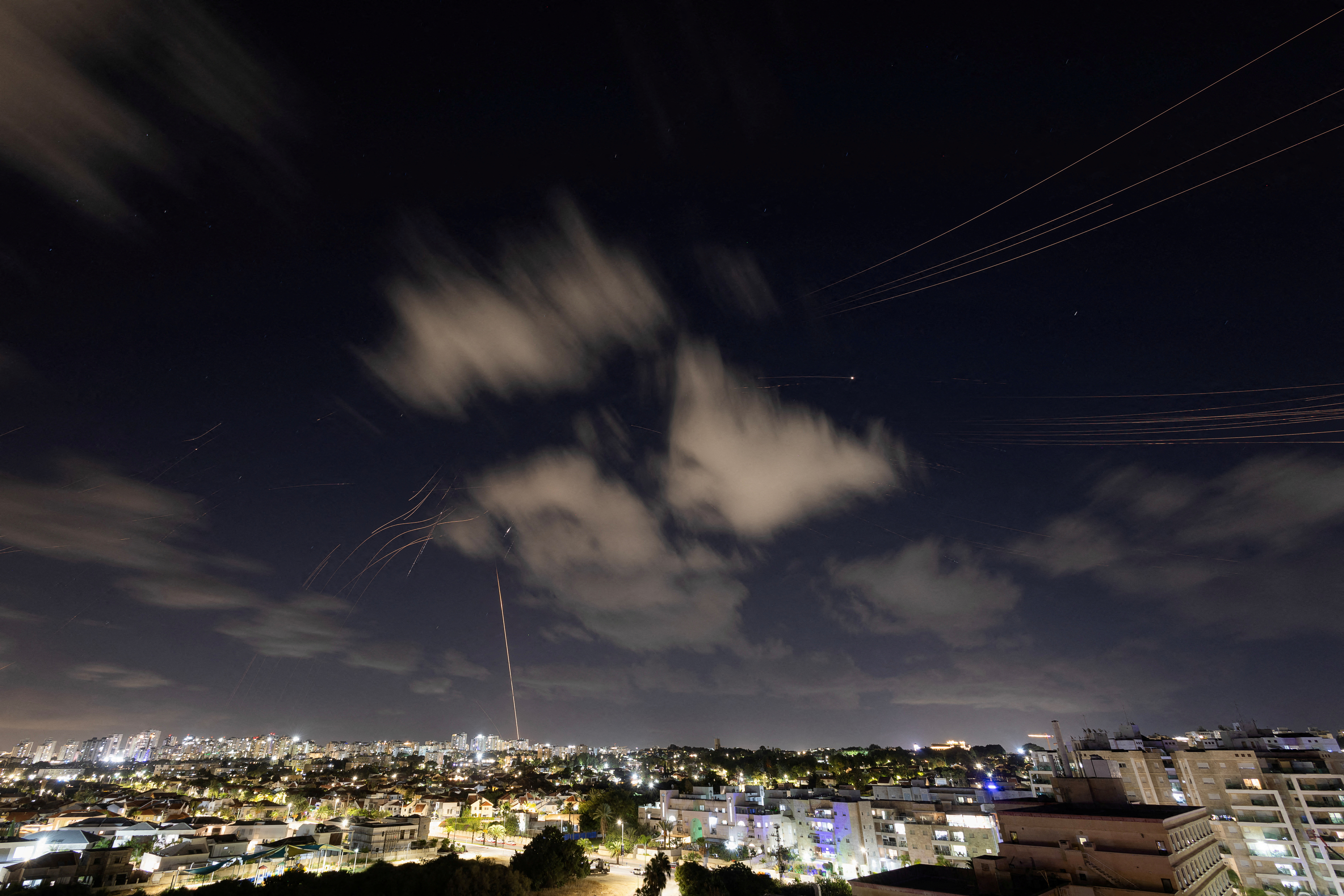Iran carried out its largest-ever attack on Israel on Tuesday night launching a barrage of missiles, which it said were aimed at military installations. The aerial defences of Israel, supported by the US and other allies, reportedly dealt with the ballistic missiles fired by Iran, although some damage was done to facilities. This is unlikely to be the end of the matter.
Iran announced that its attacks on Israel were over, unless there was retaliation by Israel. This seems almost certain. Israel’s Prime Minister Benjamin Netanyahu said that Tehran had made a “big mistake” and declared that “it will pay for it,” indicating that an escalation is unavoidable and that a regional war is now increasingly likely.
Israel was considering “significant retaliation” within days reported the US website Axios, quoting Israeli officials, also suggesting that it could target oil production facilities and other strategic sites. There has also been speculation that it could target Iran’s nuclear programme facilities, which would be guaranteed to escalate the confrontation between the two countries.
The situation is different from what it had been in April, when Israel struck the Iranian consulate in Syria killing eight high-ranking commanders of the Islamic Revolution Guard Corps and Iran launched hundreds of drones and missiles at Israel. Israel responded with limited strikes on Iran and there was no escalation. Iran vowed to retaliate after the assassination of the Hamas political leader Ismail Haniyeh in Tehran in late July, but took no action.
The assassination of the Hezbollah leader Hassan Nasrallah last Friday, however, could not go unanswered by Iran, especially as on Tuesday morning the Israeli Defence Force (IDF) invaded southern Lebanon, for “limited” operations. On Wednesday, the scale of the operations was increased with armoured troops and infantry being deployed in Lebanon while Beirut was again the target of air strikes.
The reality is that it is up to Netanyahu to prevent any further escalation, but it is unlikely he will be inclined in any way to do so. Many analysts suggest that by causing a regional war he will drag the United States into it. That Washington said it would work with Israel to ensure Iran faced “severe consequences” after Tuesday night’s missile attack was not very reassuring.
Meanwhile, Iran’s foreign minister, Abbas Araqchi said there would be no more attacks on Israel, if there was no retaliation from Israel. “Our action is concluded unless the Israeli regime decides to invite further retaliation,” he said. “In that scenario, our response will be stronger and more powerful.” The Iranian armed forces general staff were less diplomatic, saying any Israeli response would be met with vast destruction of Israel’s infrastructure.
Israel will retaliate, but the question is how it will retaliate. Last April’s retaliation by Israel to Iran’s drones and missiles attack was of limited scope – some analysts describing it as theatre – and the tension was defused. It is unlikely that this will happen again.







Click here to change your cookie preferences